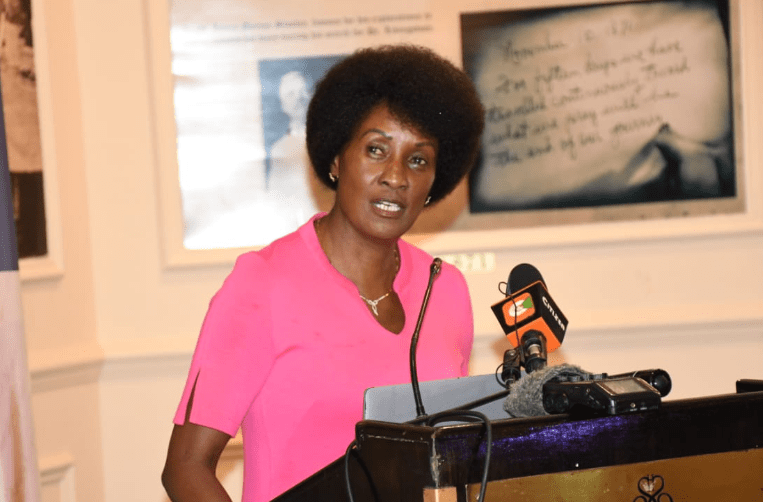How society, State can make life easier for widows

June 23 marked an observance dedicated to widows worldwide. Statistics indicate that 70 per cent of all women will experience widowhood. Incredible, isn’t it?
In Kenya, a growing number of widows are embracing agriculture as a means of sustaining themselves and their families, supported by initiatives offering complementary agricultural inputs, education in sustainable farming practices, and market access for their products.
In Kenya, 40 per cent of the population is involved in agriculture, and 70 per cent of rural labourers rely on it.
People often refer to agriculture as ‘monsoon gambling’, where a failed monsoon poses a threat to farmers’ incomes.
Drought, low crop income, and high-interest loans from rural banks often burden farmers. Mental distress affects farmers and can lead to suicide. Many Kenyan farmers are committing suicide due to loans and losses.
Female farmers confront the same issues as male farmers since they work in the fields nearly as much. The male farmer is the household head and owns the land and property; therefore, he is responsible for the field loans. The crop debts also weigh on him mentally.
Women manage the home and rescue the family from poverty and debt. A male farmer who dies or commits suicide owing to mental illness leaves the woman accountable for home upkeep. Trapped in crop-by-crop debts, the agricultural family faces further issues.
A widowed female farmer struggles to obtain credit cards, bank loans, or mortgages because the land is not registered in her name.
Unfortunately, many families cannot afford their children’s education, health care, and everyday requirements.
Many widowed women farmers in Kenya are struggling with debt. When a male member dies or takes his life, the woman must manage the household, care for the children, and shoulder the debt.
These housewives lack the education and skills for other work, leading them to fall into poverty.
Widowed women lack rights to the fields; many do not own land, have no vocational training, and cannot access loans or insurance.
In these situations, they often struggle with mental illness or rely on others. At times, the in-laws deny these women any share of the land.
They must go to their paternal family’s shelter, where they and their children are considered objects of pity.
Often, the in-laws deny widowed farmer women the opportunity to participate in family farming, which prompts them to devise their own schemes to acquire land.
The government does not register their names in its land records. A widowed woman must ensure the safety, education, health, and welfare of herself and her children, but her limited resources lead to worsening conditions for her family.
The Kenyan government must take the necessary steps to support these widows and their families, ensuring they receive social and moral support.
In agricultural households, women should inherit land when men die. Legal, social, and economic assistance should empower women.
The writer is a freelance journalist in Brampton, Canada. He is the author of the book ‘The Challenge and The Opportunity’














